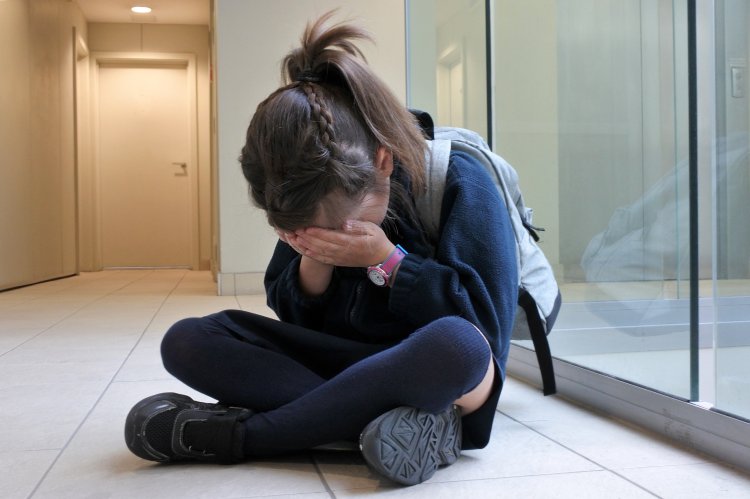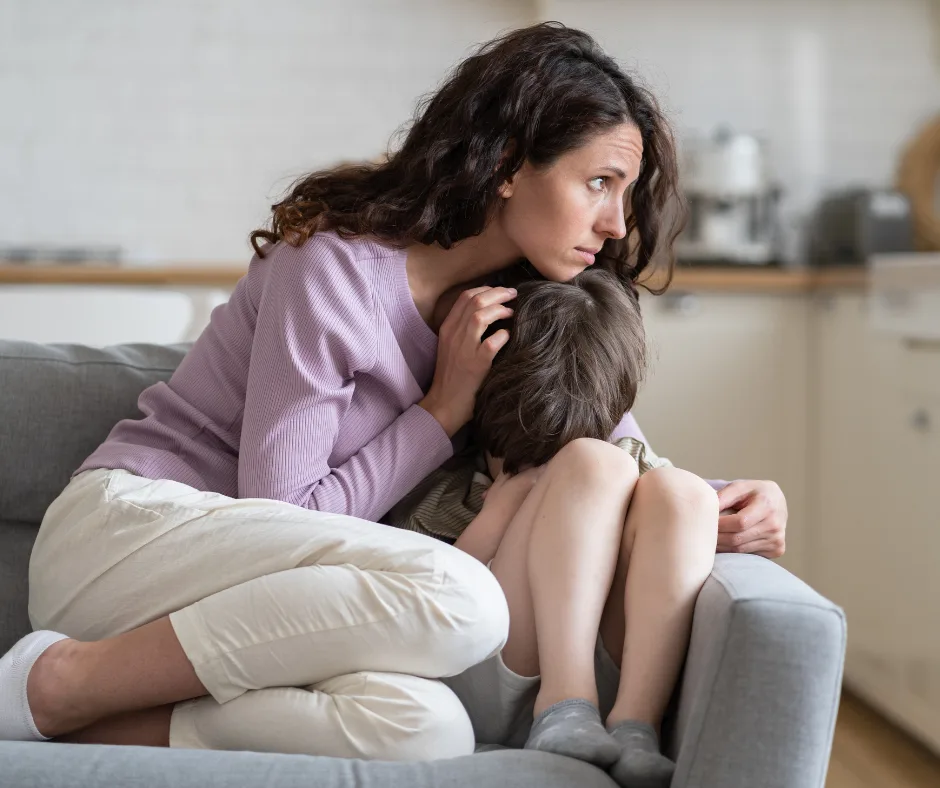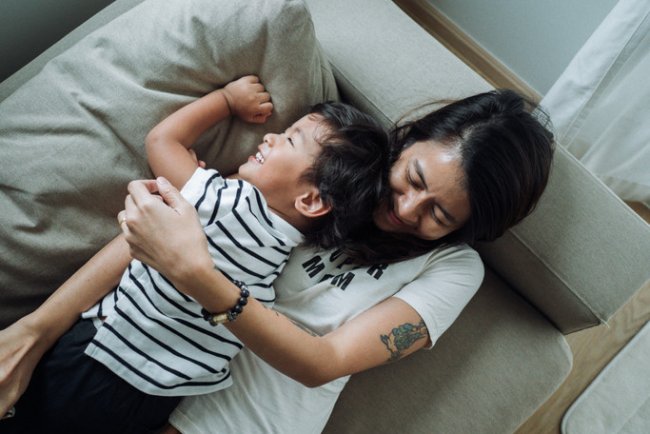School Refusal: Why Some Kids Won’t Go to School and How Parents Can Help
Every fall, families across the country brace themselves for the back-to-school transition. The shift from slow summer mornings to alarm clocks, homework, and crowded hallways is rarely smooth. Many kids complain, some drag their feet, and a few shed tears at the bus stop. But for certain children, this unease becomes something much bigger: a deep, overwhelming anxiety that makes attending school feel unbearable. This is what psychologists call school refusal (sometimes referred to as school avoidance).

Unlike the occasional “I don’t want to go” moment, school refusal is persistent, emotionally charged, and often tied to real distress. And if left unchecked, it can snowball into a much larger problem for both the child and the family.
What Exactly Is School Refusal?
Think of school refusal as more than just resistance; it's an anxiety-driven reaction. A child may complain of headaches, stomachaches, or fatigue, all of which are very real physical symptoms triggered by stress. They might manage to get to school but beg to leave early, or refuse to get out of the car altogether. Others stop attending entirely.
The immediate relief from skipping school can feel like a solution to the child. But the longer they avoid it, the harder it becomes. Falling behind academically, feeling left out socially, and reinforcing the idea that “school is scary” can trap them in a cycle that gets harder to break with time.
Why Some Kids Refuse School

The reasons vary widely, but common triggers include:
Social struggles: bullying, exclusion, or difficulty fitting in
Performance fears: test anxiety, public speaking, or worry about grades
Separation anxiety: fear of being away from parents for long stretches
Mental health concerns: underlying anxiety disorders, depression, or panic attacks
Every child’s story is different. Sometimes it’s one overwhelming issue, and other times it’s the accumulation of many small stressors that finally tips the scale.
How Parents Can Help Break the Cycle

1. Step In Early
Don’t wait weeks to address the problem. The more school a child misses, the heavier the burden becomes academically, socially, and emotionally. If your child struggles for more than a day or two, act quickly.
2. Get Curious, Not Confrontational
Gently ask questions like, “What feels hard about school right now?” Avoid judgment and listen closely. Is it fear of being called on in class? Worries about friendships? Anxiety about being away from home? Understanding the “why” behind the behavior is the first step to solutions.
3. Partner with the School
Your child’s teachers, counselor, or school psychologist should be allies. Share what you’ve noticed and ask for their insight. Together, you can create a plan, maybe a gradual re-entry strategy, like giving speeches to a teacher one-on-one before progressing to a full classroom, or identifying a safe adult your child can check in with during the day.
4. Balance Empathy with Firmness
Acknowledge your child’s fears without letting avoidance become the answer. Reassure them that while stomachaches or sweaty palms feel uncomfortable, they’re not dangerous. Let them know you believe they’re capable of managing tough moments. Unless your child has a fever or is genuinely ill, school should not be optional.
5. Make Home Less Tempting
School avoidance can be reinforced if staying home feels like a reward. Create a “school-like” environment when your child misses a day: no endless screen time, no lounging in bed, no extra treats. Ask for assignments from teachers and require them to complete the work. This helps reinforce the message that school is non-negotiable.
When to Seek Professional Help

School refusal is not a “bad behavior problem” it’s usually an anxiety issue. If the pattern continues, consult a licensed mental health professional who specializes in child and teen anxiety. Your pediatrician or school counselor can connect you with experts. Organizations like the Association for Behavioral and Cognitive Therapies and the American Psychological Association also offer online directories.
Professional support can help your child learn coping tools, challenge anxious thoughts, and rebuild confidence in facing everyday school life.
The Bigger Picture
School avoidance isn’t just about missing class, it's about missed chances to grow, connect, and build resilience. Every time a child faces their fears, even in small steps, they prove to themselves that they are stronger than their anxiety. And that lesson more than grades or homework may be the most valuable thing they carry into adulthood.
What's Your Reaction?




















